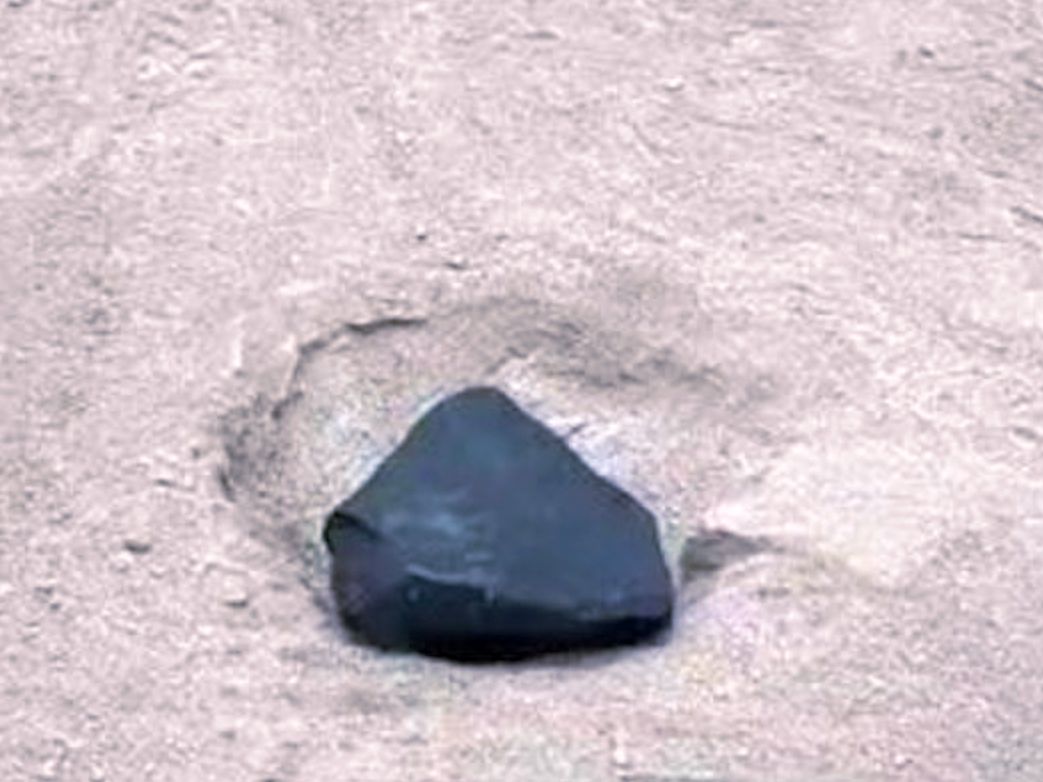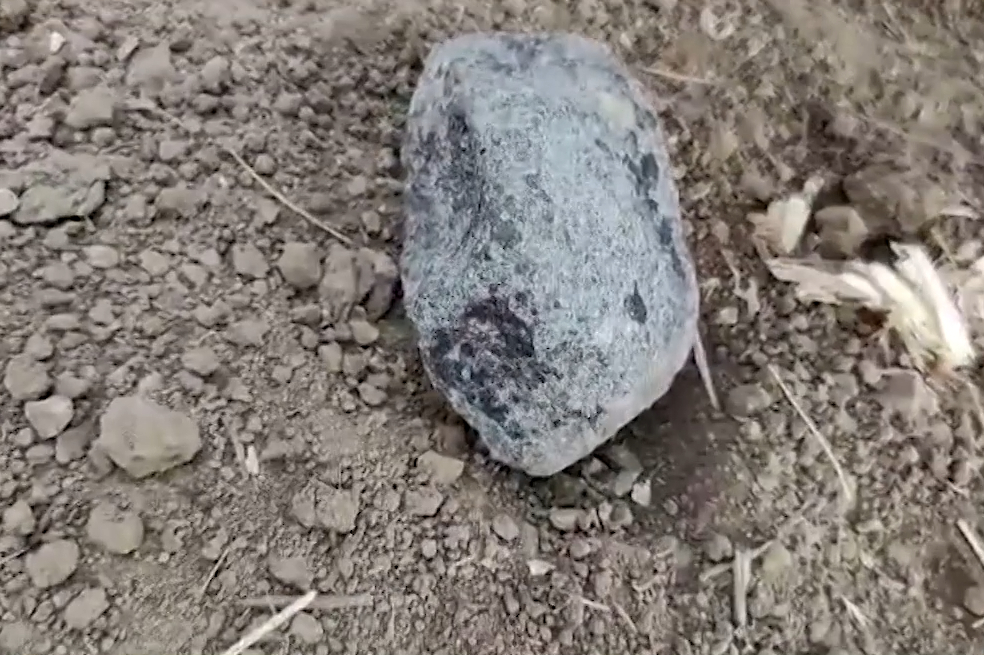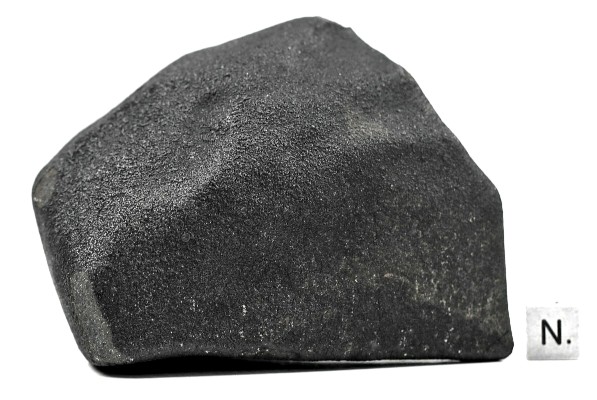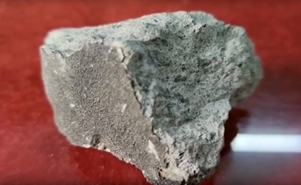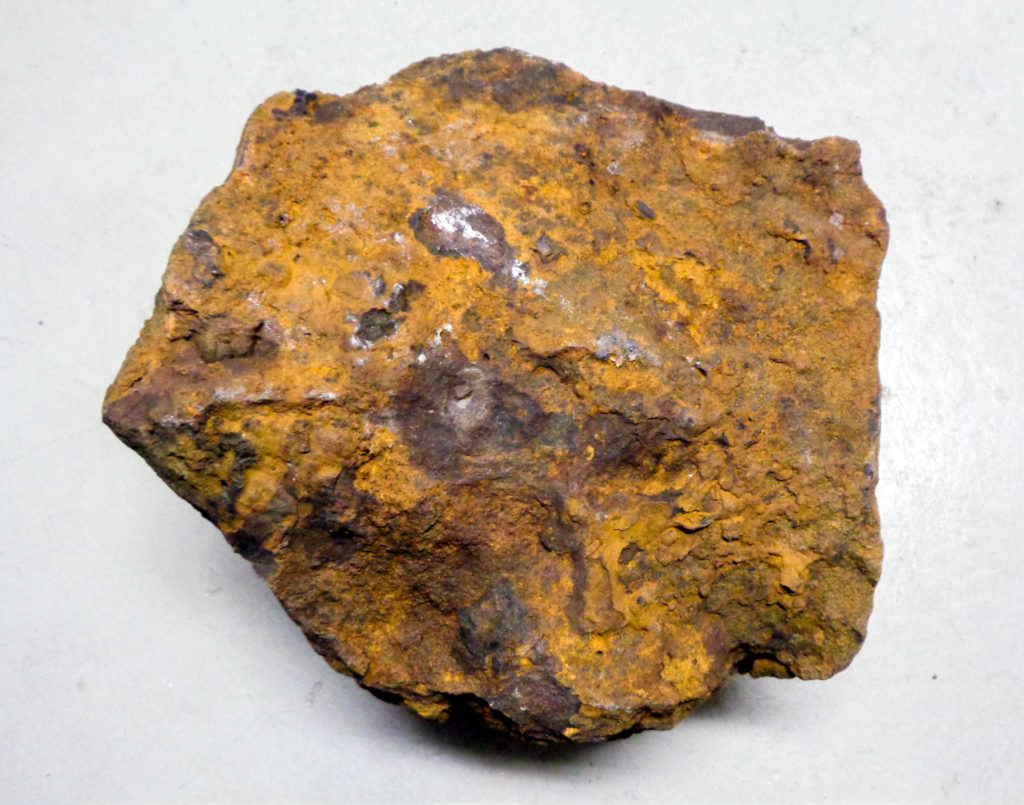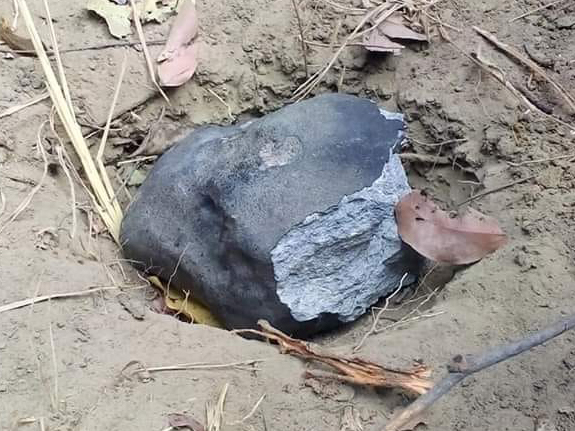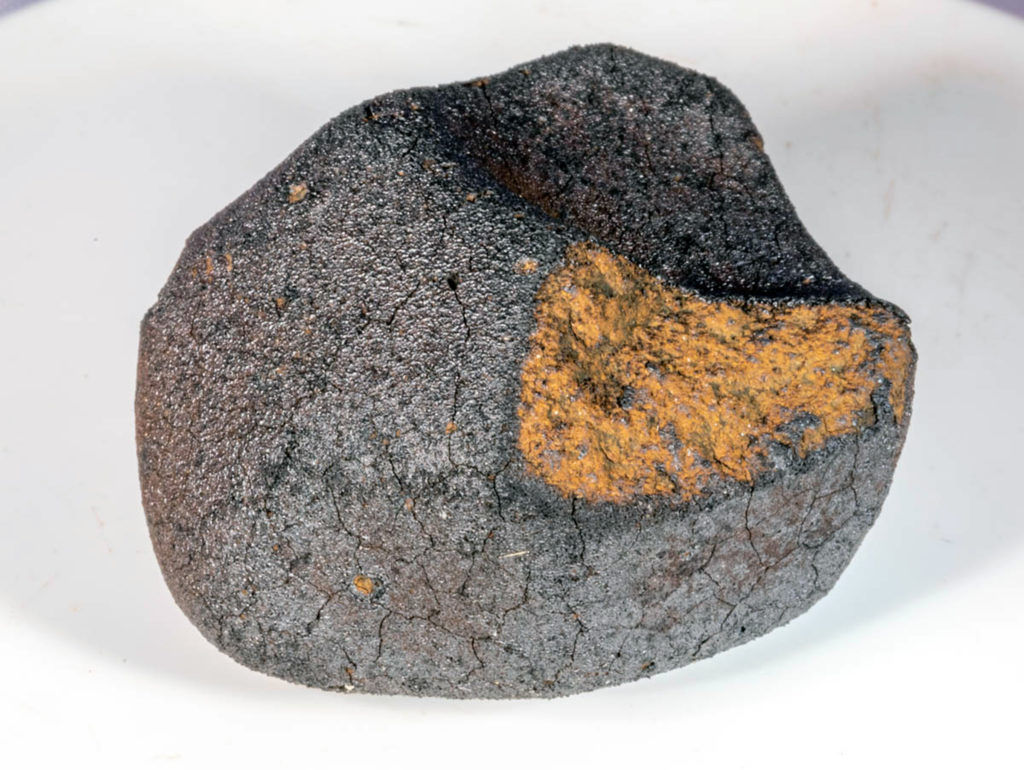Evidence of shock‐induced vaporization of matrix to form porosity in Baszkówka, a porous L5 chondrite
Agata M. Krzesińska, Natasha V. Almeida
Meteoritics & Planetary Science
First published: 3 September 2018
“Baszkówka is an equilibrated, apparently low‐shock, unusually porous chondrite. Some earlier studies were undertaken to understand whether the porosity in Baszkówka, and similar porous chondrites, is a relic of a primordial feature or rather the effect of atypical reprocessing on the parent body. Neither of the studies reconstructed the accurate thermal and deformational evolution of chondrites, however, while it is known that shock‐induced compaction is the main means to affect chondritic porosity. Here we use a combination of 3‐D and 2‐D petrographic examination to understand how the evolution of pores correlates with thermal and shock history recorded in the Baszkówka chondrite. The grain framework silicates in Baszkówka contain healed shock fractures—a clear recorder of significant shock process and postshock annealing. Simultaneously, metal grains do not exhibit any preferred orientation or fabric, which would be expected to develop in response to the deformation as recorded by silicates. We interpret this as evidence for re‐agglomeration and annealing of shocked material. Pore spaces in Baszkówka are connected and decorated by fine‐grained plagioclase‐dominated mass and bulky euhedral olivine crystals, which exhibit growth steps on crystal surfaces. The euhedral olivine must have formed owing to the condensation of a vapor, while plagioclase most likely crystallized from melted chondritic matrix. During the shock event, fine‐grained matrix in Baszkówka was melted and vaporized. Vapor expansion added to ballistic velocity led to ejection and opening of the pore spaces. After re‐agglomeration in a hot ejecta blanket the rock was annealed, melted material circulated in created pore spaces and vapor condensed.”

